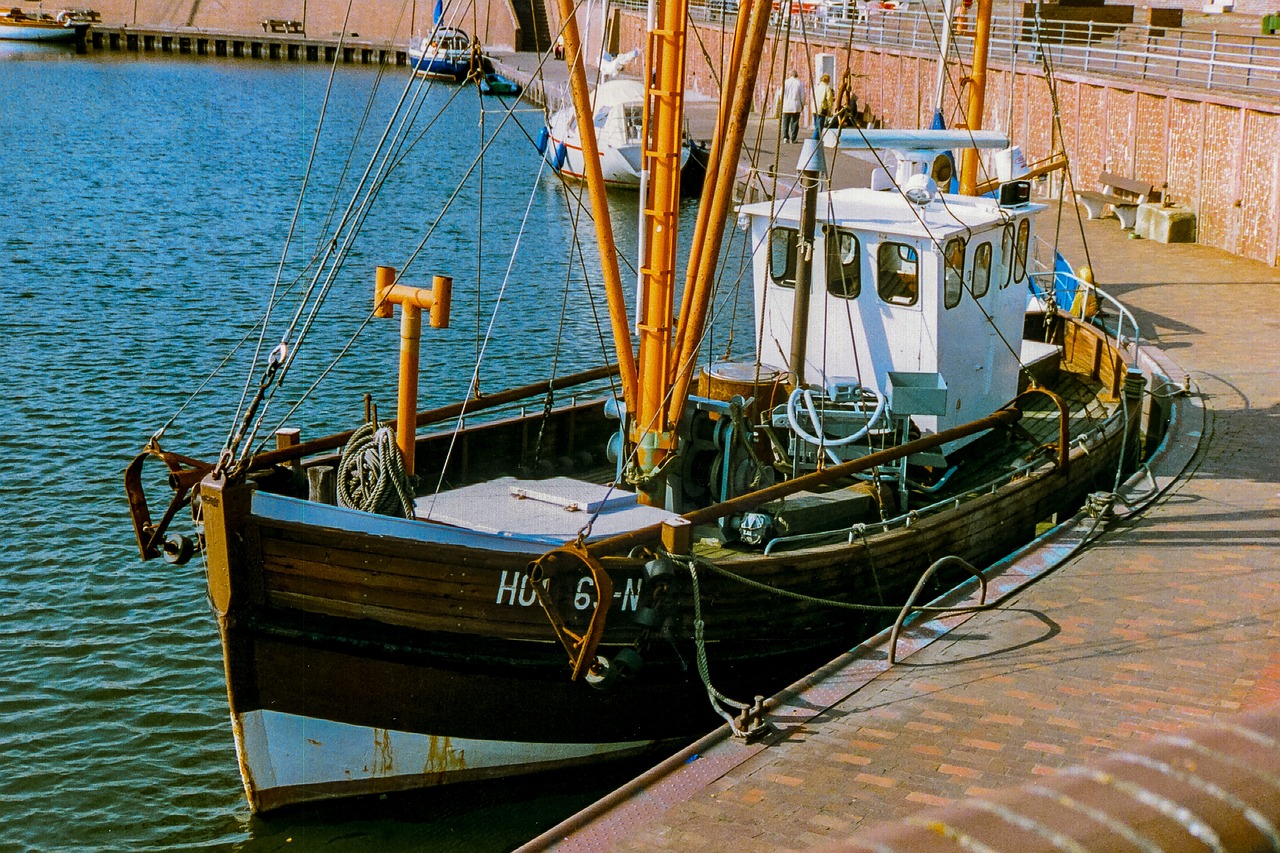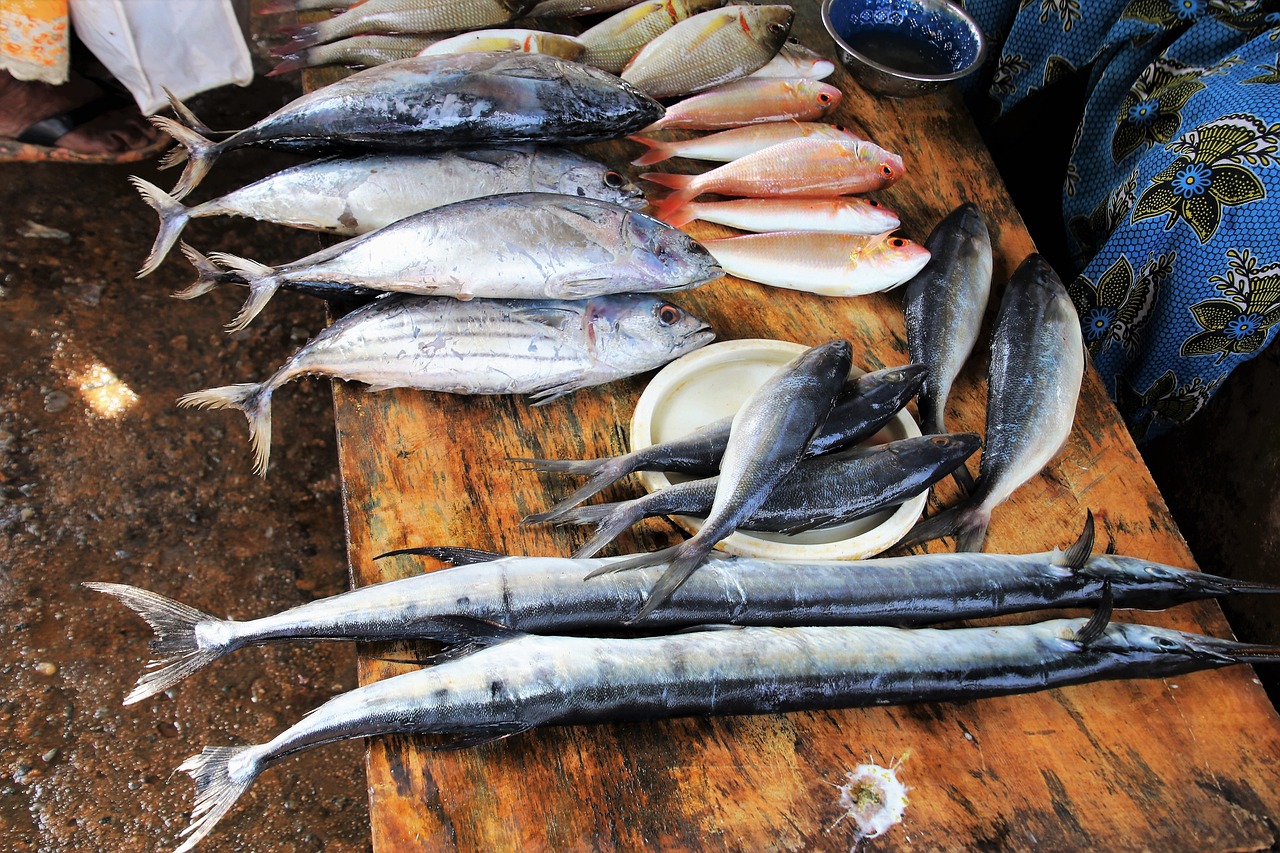With worsening climate change effects, the future looks bleak for European fisheries
Climate change is altering marine ecosystems, and this may have major repercussions for European fisheries. A recent study modeled climate change effects on marine ecosystems in European waters, and found that ocean warming and climate-induced changes at the base of the food-web may reshape marine ecosystem functioning and impact fish stocks, leading to potential socio-economic repercussions. Without rapid adaptation through marine resources management or aggressive climate change mitigation tactics, climate change in the 21st century is projected to induce profound negative consequences on future fisheries production in Europe.
“The Celtic Sea, west Ireland, the middle of the North Sea and the Southern Bay of Biscay are projected to have the largest decreases in catch and biomass,” said William Cheung, senior author of the study and director of the Institute for the Oceans and Fisheries. “The projected declines in biomass of predators — who are higher up in the food chain — are more pronounced compared to marine species lower down or at the very bottom of the food web.”
European waters have been intensely exploited by fisheries since the 1950s, with catch decreasing by 50 per cent in the early 2000s because of overfishing and new fishing regulations. Due to the stringent regulations, fishing pressure decreased, and over-exploited fish stocks began a slow comeback. However, due to the issues facing European fisheries today, the study estimated a four per cent reduction of catch — around 90,000 tons — by 2040-2049. In the next 70 years or so, the loss of catch may reach 310,000 tons per year.
Two of the problems facing European fisheries are the projected declines of total catch, and also changes to the ratio of the types of species caught. Climate change increases water temperatures, which favour shorter-lived marine species with faster metabolic rates leading changes in ecosystem structure. In Europe, the differences in impact between the pelagic and demersal compartments is due to larger climate-induced changes at the base of food web on the sea floor (mainly benthic invertebrates).
“Our model showed that animals living on the seafloor may be more affected by climate change,” said Hubert du Pontavice, corresponding author and former PhD student at the Institute for the Oceans and Fisheries. “This change will be propagated throughout the entire food web, and may have big impacts on fisheries reliant on fishing this resource.”

Image by Manfred Müller-Späth from Pixabay
The study focused on areas managed or co-managed by the European Union, and who were the most productive and exploited areas — North Sea, Western Scotland, Irish Sea, Western Ireland, Celtic Sea, English Channel, Bay of Biscay and the Iberian Coast. The Celtic Sea, the middle of the North Sea and the southern Bay of Biscay’s fisheries are projected to be impacted the hardest.
Climate change will have a big impact on the economic benefits and livelihoods of people dependent on fisheries and marine ecosystems in these regions. It will also have an impact on how effective current conservation plans will be in the future — they will almost certainly need to be adapted to worsening climate change events.
“The fishing sector will need to adapt to these issues,” said du Pontavice. “And on the other hand, we need to decrease our greenhouse gas emissions with a very aggressive mitigation strategy.”
Carbon emissions resulting from human activity are the cause of climate change. With water temperatures rising, marine ecosystems are going through a very difficult changing time. “There is a need to develop climate-adaptive fisheries management,” said Cheung. “Also, the findings highlight the importance of biodiversity conservation measures and how important it is to mitigate carbon and climate change.”
Tags: climate change, CORU, Europe, faculty, fish catch, IOF students, William Cheung
